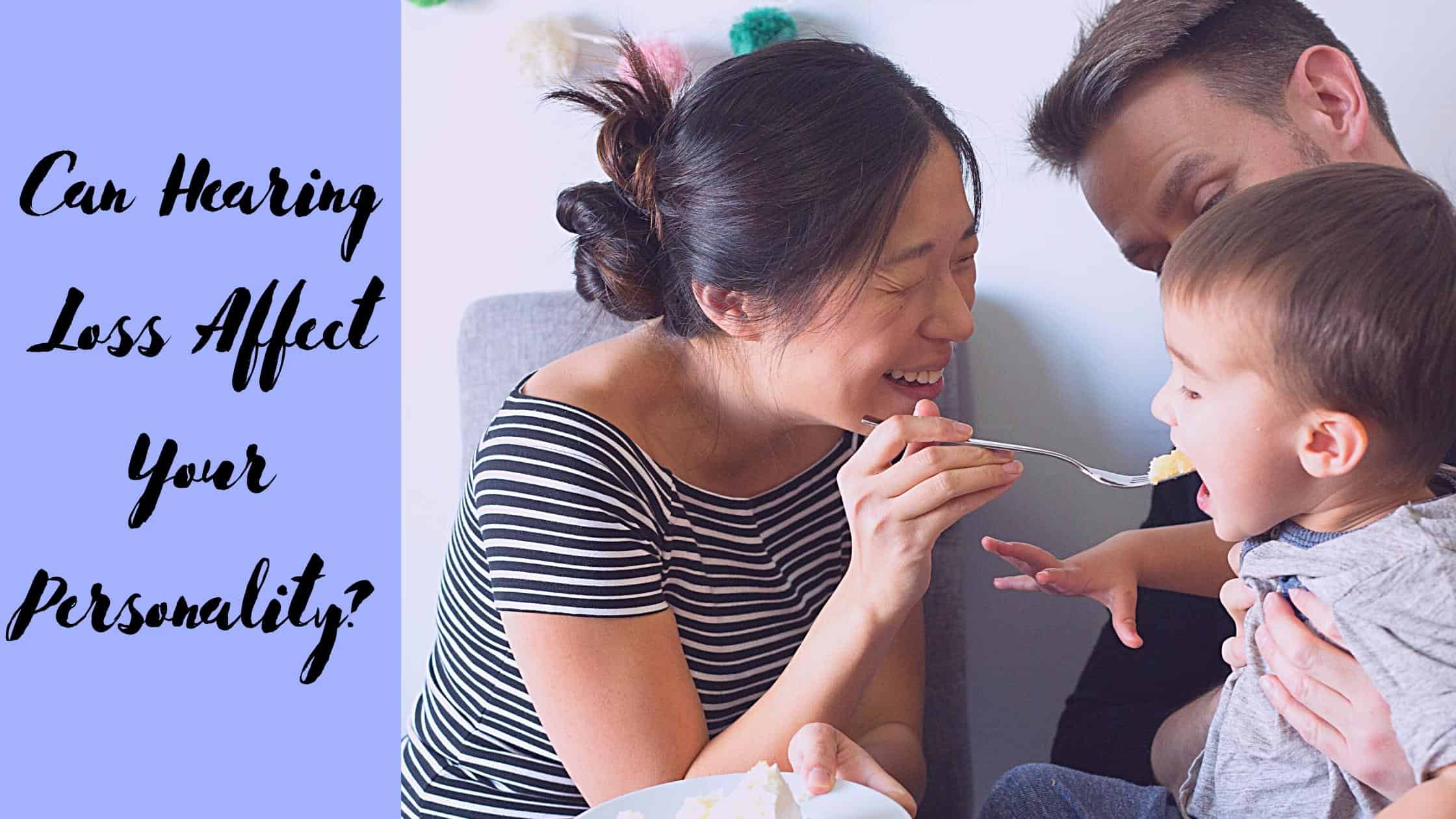
Over time, an individuals’ personality tends to improve. It’s known as the “maturity theory” by psychologists. When people get older, they become more extroverted, emotionally stable, agreeable, and attentive. These improvements are often noticeable over time.
But if hearing loss enters the equation, these improvements can grind to a halt. Let’s learn more about the effects of hearing loss on our personality.
Hearing loss and personality research
A new Swedish study backs up what hearing health professionals have been saying – that untreated hearing loss hurts your quality of life – and emphasizes the importance of detecting and treating hearing loss, especially among the elderly. The Swedish report indicates that hearing loss accelerates this transition.
Researchers tracked improvements in two main personality traits: extraversion and neuroticism, over six years, in 400 seniors ranging in age from 80 to 98.
According to Ingeborg Berg, a researcher at the University of Gothenburg, the findings surprised the team – out of a wide range of potential influencing factors (e.g., cognitive impairment, number of chronic diseases the person was dealing with, vision and hearing loss, ability to perform daily activities, self-rated health measures), the hearing loss seemed to be the one fact that stood out.
The findings revealed that, while an aging adult’s emotional health remained stable over time, the personality of those with hearing loss changed – they became less extroverted.
Social isolation as a result of hearing loss
Reduced extraversion is a significant health concern in the elderly since it can contribute to social isolation. Indeed, a meta-analysis of 148 studies that looked at the correlation between social isolation and mortality discovered that a lack of supportive social networks was related to higher mortality rates.
Social isolation is also a significant risk factor for mental illness, including severe depression. Going out less can lead to less physical activity, leading to health conditions and weight gain, and cognitive loss due to a lack of brain stimulation, which is usually provided by group interaction and conversation.
The adverse effects of social isolation on one’s well-being are well documented, and hearing loss tends to be linked to reduced social activity. What is it about hearing loss that makes people less likely to participate in social activities?
The obvious response is the difficulties that hearing loss can cause in communities. Suppose many people are speaking simultaneously, and there is a lot of background noise. In that case, it can be difficult for people with hearing loss to understand conversations.
The constant search to hear can be overwhelming, and it’s often easier to give up than it is to persevere. Hearing loss can be humiliating and can make a person feel alone, even though they are physically present in a group.
It’s no wonder that many people with hearing loss want to avoid group contact and movement challenges for these reasons and others.
What can be done?
- Get treated: Get medication and advice from a health care professional if you have hearing loss. They will suggest a variety of choices to help you in your everyday life. Hearing aids have been developed for all types of lifestyles thanks to modern technologies, allowing you to listen with ease in challenging situations.
- Tell your friends: Remove the social stigma by telling your friends and family about your hearing loss and how to make communication easier.
- Prepare your social situations: Choosing less disruptive places and more sensitive to your level of hearing loss will help you communicate more effectively with your friends and family.
The psychological advantages of managing your hearing loss are enormous. Since managing hearing loss improves your overall wellbeing, it also improves your ability and willingness to communicate with friends and family. It also improves your ability to feel emotionally connected, helping you preserve the parts of your personality you and others cherish the most.
According to the Better Hearing Institute, those who use hearing aids to correct hearing loss have a higher quality of life than those who do not use hearing aids. What are you waiting for? The time to treat your hearing loss is now. Contact us today to set up an appointment.
